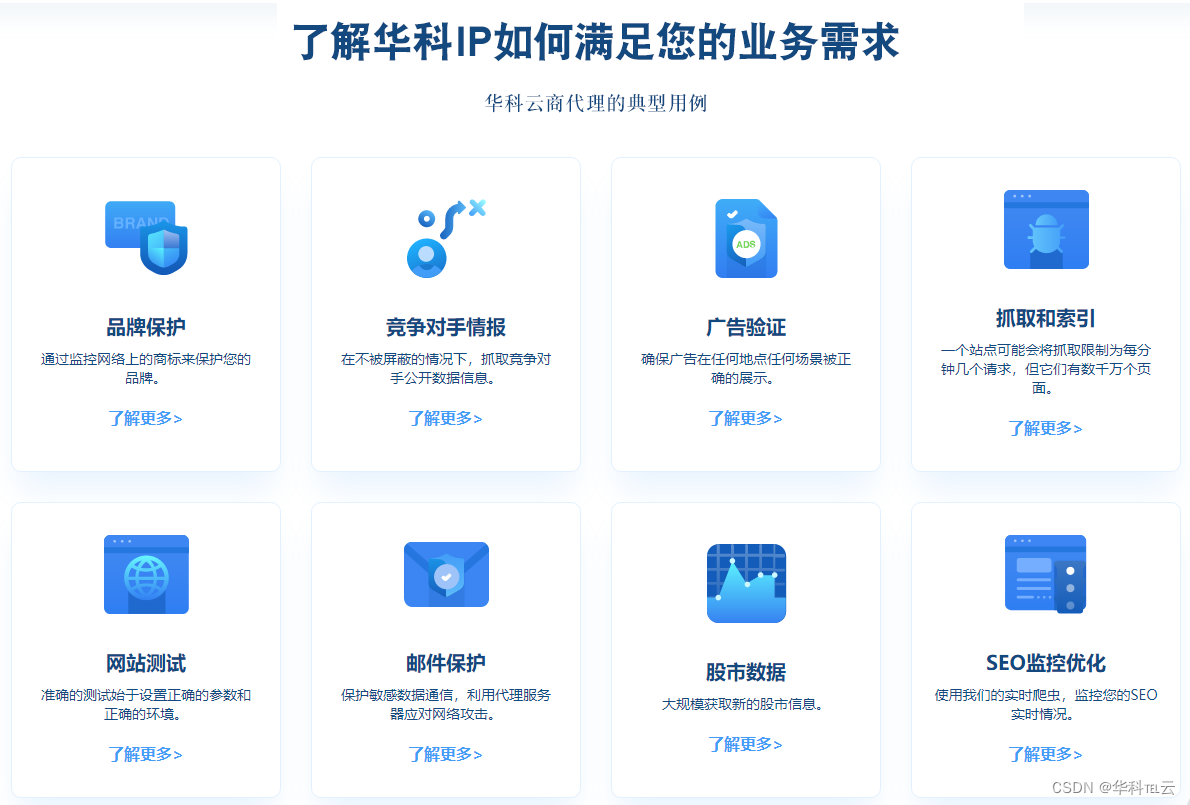gzip 压缩优化大 XML 响应的处理方法

当处理大型XML响应时,我们经常会面临内存限制和性能问题。
在处理这个问题时,我们可以使用Python的`requests`库和`lxml`库来解决。下面是解决方案的步骤:
1. 使用`requests`库发送HTTP请求获取XML响应。
2. 检查响应的`Content-Encoding`标头,以确定响应是否已经使用gzip压缩。有些API可能会返回`Content-Encoding: gzip`,即使我们没有明确要求使用压缩数据。
3. 如果响应已经使用gzip压缩,我们可以通过以下方式进行解压缩并处理:
```python
import requests
import lxml.etree as ET
import functools
url = 'http://example.com/api/data.xml'
response = requests.get(url, stream=True)
# 检查响应是否已经使用gzip压缩
if 'gzip' in response.headers.get('Content-Encoding', ''):
response.raw.read = functools.partial(response.raw.read, decode_content=True)
# 使用lxml进行解析
tree = ET.iterparse(response.raw)
# 在这里进行XML解析操作
```
这里的关键是通过`functools.partial`来替换响应的`read`方法,并将`decode_content=True`参数传递给它,以确保数据在读取时被解压缩。
添加到requests文档
如果您认为这个解决方案对于使用`requests`库来处理大XML响应的用户是有用的,建议将此解决方案添加到`requests`的文档中,例如在FAQ部分。
如何使用gzip压缩优化大XML响应的处理?
当处理大型XML响应时,我们建议使用以下步骤来优化处理并利用gzip压缩:
1. 使用`requests`库发送HTTP请求来获取XML响应。
2. 检查响应的`Content-Encoding`标头,以确定响应是否已经使用gzip压缩。有些API可能会返回`Content-Encoding: gzip`,即使您没有明确要求使用压缩数据。
3. 如果响应已经使用gzip压缩,可以通过以下方式进行解压缩并处理:
```python
import requests
import lxml.etree as ET
import functools
url = 'http://example.com/api/data.xml'
response = requests.get(url, stream=True)
# 检查响应是否已经使用gzip压缩
if 'gzip' in response.headers.get('Content-Encoding', ''):
response.raw.read = functools.partial(response.raw.read, decode_content=True)
# 使用lxml进行解析
tree = ET.iterparse(response.raw)
# 在这里进行XML解析操作
```
通过以上方法,您可以有效地处理大XML响应,同时确保在需要时利用gzip压缩来减小数据传输的大小。这个解决方案可以帮助您更高效地处理大型XML数据。
